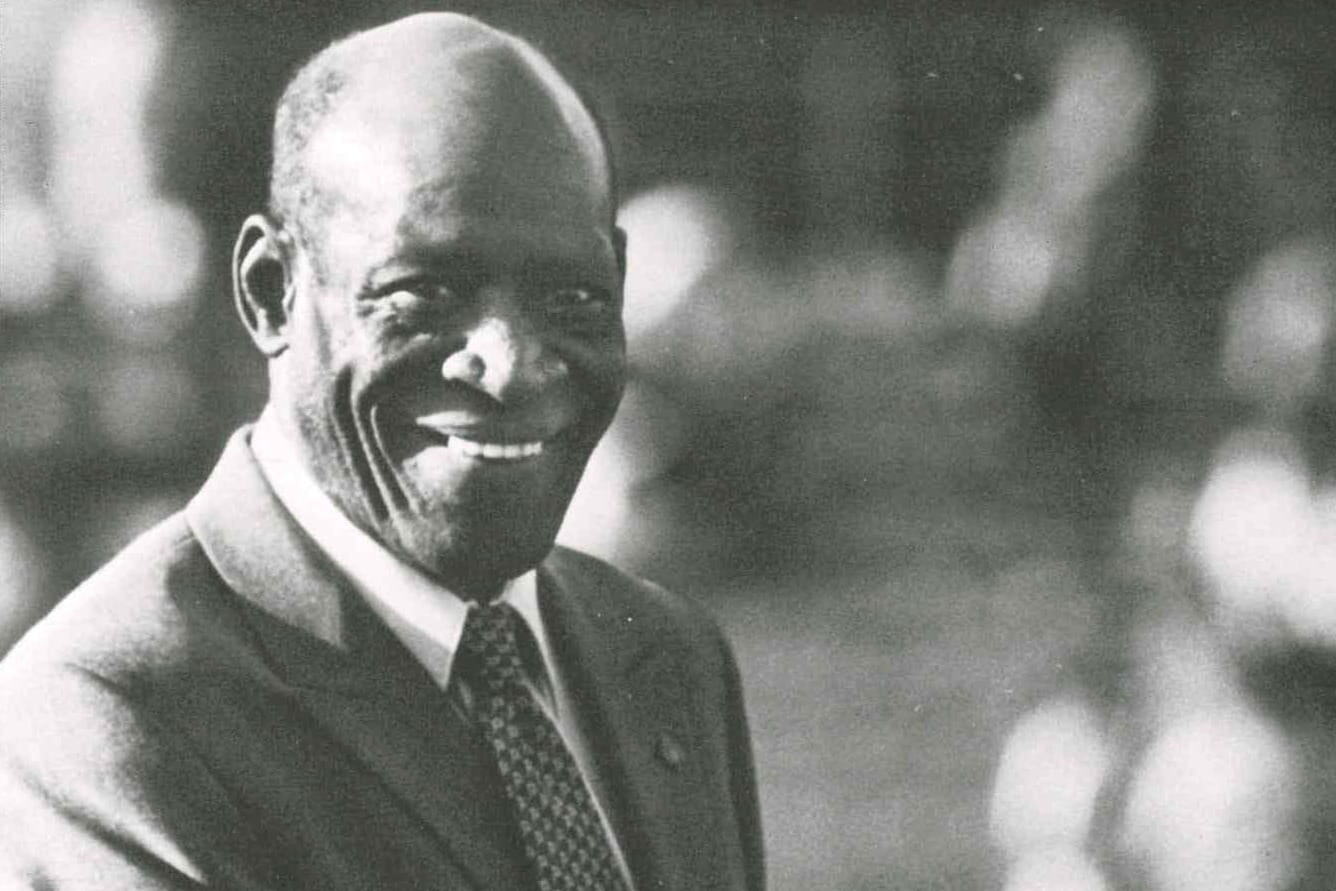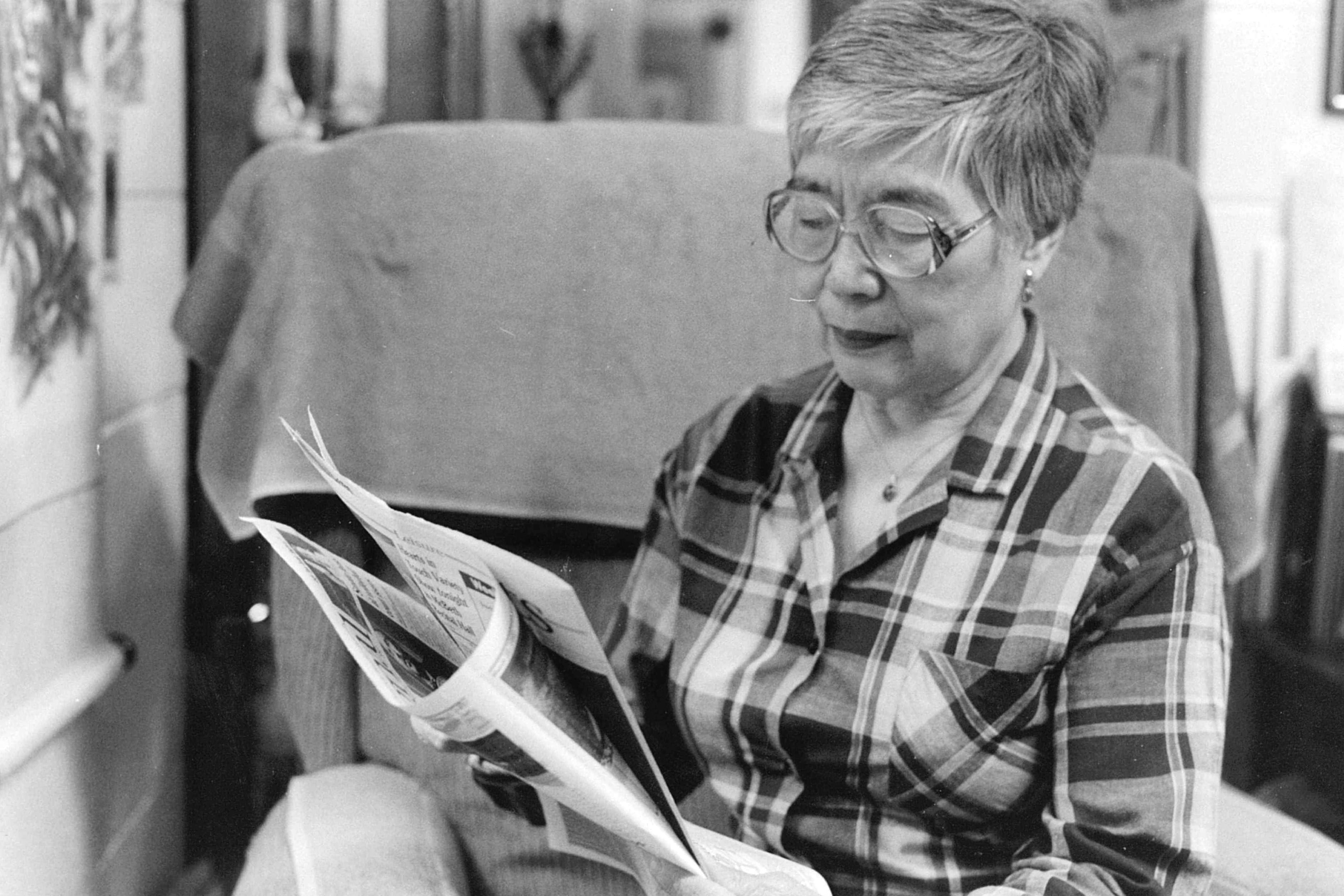Coronavirus news related anxiety
 March 17, 2020
- Dan Jarboe
March 17, 2020
- Dan JarboeIf you’re among those who’ve recognized that you’re feeling more stressed, anxious or on edge with the uptick in Coronavirus/COVID-19 news and precautions announcements, here are a few things that might be helpful to remember and put into practice to find calm, and to manage your mental health.
- Know the facts – Remain grounded in what is known as fact, not on the frenzy. Slow down and put a stop to your frantic internet searches. Instead, get your information from Ouachita’s COVID-19 update page or the Centers for Disease Control. Significantly limit your access to social media on the topic.
- Monitor and modify your thoughts – Worrisome thoughts can run through our minds so rapidly and “in the background” that they go unnoticed and unchallenged. Because how we think affects how we feel and behave, it’s important to Catch, Challenge and Change any thoughts that are not fully accurate or may cause us harm. Ask yourself, is your worry based on what is actually happening or is clearly probable, or is it based on a terrifying outcome your imagination has concocted? If your mind is ridden with “What if…?” questions, that’s likely anxiety.
- Take responsible action – Avoid the sick, stay home if feeling ill. Wash your hands, minimize direct physical contact with others for now, avoid touching your eyes, nose and mouth, cover your mouth and nose when coughing or sneezing. Use hand sanitizer when soap and water aren’t convenient. Avoid travel to COVID-19 outbreak hot spots. See your doctor and be tested if you have flu like symptoms. Do your homework. Procrastination is often an anxiety response, but its “benefits” are quite short-lived and its costs enduring. This kind of avoidance will only prolong and intensify your anxiety. Generally, if we have a concern and some kind of appropriate action is warranted, we find that when we begin to take responsible steps to address the need our anxiety will begin to decline noticeably!
- Stay connected with people – dealing with difficulty when feeling alone is much tougher than responding when we’re enjoying strong emotional attachments with others in our lives. That’s the short and sweet of it! We all cope better when regularly interacting with supportive people.
- Do your body good – This means we must recognize that “the body keeps score”, and it will very definitely
offer protest if we fail to care for it sensibly. How?
- Get enough sleep. This means closer to 8-10 hours nightly, rather than the 6 hours of average sleep most college students experience![1] Sleep deprivation impairs cognitive functioning (reducing memory consolidation, problem solving skill, and concentration) and emotional coping stamina. In other words, you just won’t tolerate stress or perform as well academically if you get too little sleep. Time in front of a screen leading up to bedtime, or in bed will impair your brain’s ability to fall asleep. Go to bed!
- Eat well. Your mom will be happy to hear that a brain healthy diet will include sources of protein, fruits and vegetables, moderate carbohydrates, and very limited caffeine and sugar. What you eat can significantly impact how you feel and the energy you have or don’t have!
- Get outside and get some exercise. A brisk 20-minute walk with a friend can be revitalizing when done regularly. You have to expend energy to generate more energy. The sunshine will boost your mood as well as the enrichment of a good relationship.
By Dan Jarboe, university counselor and ADA/504 coordinator
[1] Found at https://health.cornell.edu/resources/health-topics/sleep on 03/13/20
You Also Might Like
Recent
Ouachita reports Spring '26 enrollment, led by 50% increase in graduate students
February 11, 2026




